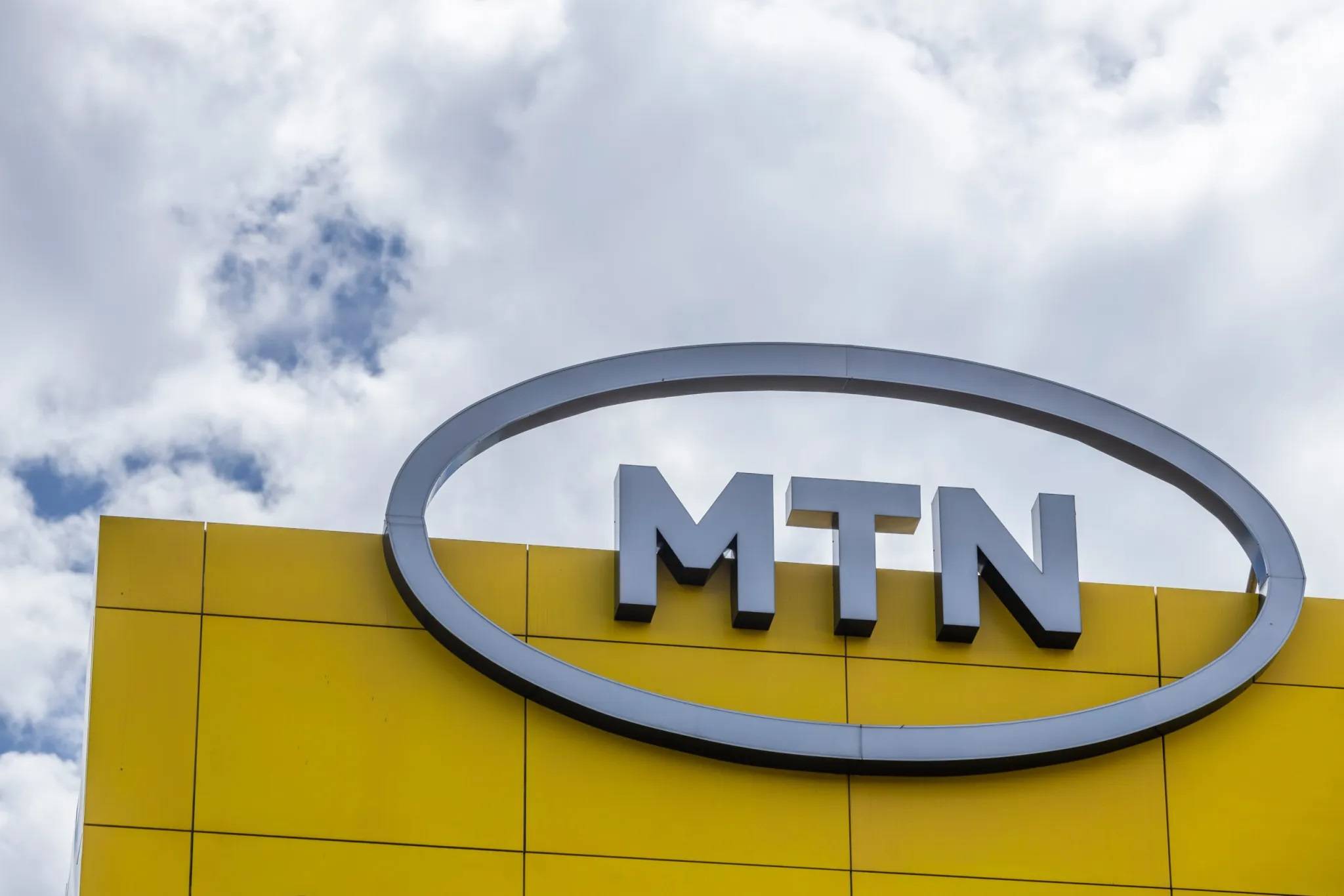MTN Ghana, the country's leading telecom and mobile money service provider, is under intense public scrutiny following a disturbing wave of mobile money (MoMo) fraud that has affected thousands of users. Reports indicate that over 5,000 customers have fallen victim to fraudsters who gained unauthorized access to their MoMo accounts through deceptive tactics, including social engineering and impersonation of MTN agents.
This incident, while not entirely new in Ghana's digital financial ecosystem, has cast a dark shadow over MTN's reputation. The sheer scale and timing of the fraud—just weeks after the company posted a record GHS 1.1 billion in Q1 profits—have raised serious concerns among stakeholders. Investors, particularly, are caught in a dilemma: Should they be reassured by MTN's strong financial performance or alarmed by the vulnerabilities in its security systems?
For consumers, trust is the currency of digital finance. The idea that a platform handling billions of cedis in daily transactions could be compromised so easily is unsettling. MTN has responded by urging customers to avoid sharing PINs and by reiterating that it does not request sensitive information via phone calls or messages. However, critics argue that reactive public education is not enough—proactive security infrastructure and accountability are now more urgent than ever.
From an investment perspective, the fraud scandal could shake investor confidence in the short term. While MTN's fundamentals remain strong, reputational damage and potential regulatory backlash could impact future earnings, especially in the fast-growing fintech sector.
This crisis presents an opportunity for MTN Ghana to reassess its customer protection measures and rebuild public trust. But until visible, enforceable changes are made, both consumers and investors will continue to approach with caution.
For starters, MTN must go beyond public advisories and implement technological safeguards that detect and prevent fraud in real time—such as two-factor authentication, biometric verification, and AI-driven fraud monitoring tools. Additionally, the company must invest in continuous customer education, not just through radio jingles or occasional SMS alerts, but via accessible and recurring campaigns that teach users how to identify and report suspicious activity.
MTN Ghana may still be a financial powerhouse, but trust—once lost—is expensive to regain. For now, both users and investors must proceed with eyes wide open.




No comments yet
Be the first to share your thoughts!